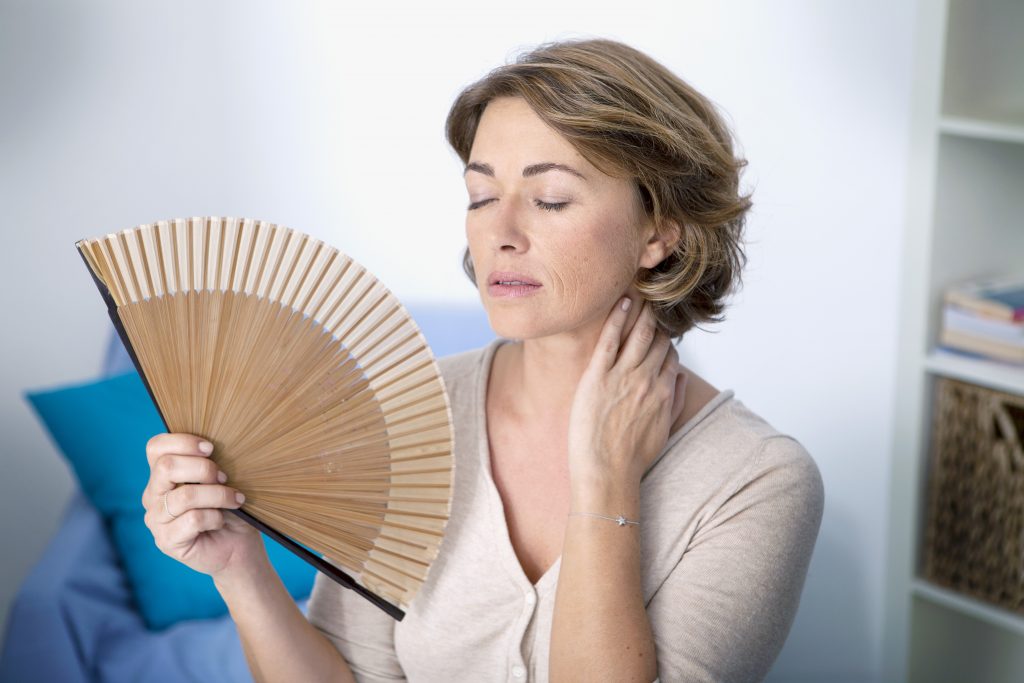Menopausal Women Should Avoid Misusing Painkillers
Menopausal Women Should Avoid Misusing Painkillers

After entering menopause, many women experience symptoms such as headaches, joint pain, and lower back pain, which affect their normal lives and work. Therefore, some menopausal women keep different types of painkillers on hand, ready to be taken at any time. However, this long-term practice of indiscriminate use of painkillers is extremely harmful to the body.

Firstly, regardless of the type of painkiller, if taken indiscriminately without medical guidance, it may mask existing illnesses and delay the best time for diagnosis and treatment.
Secondly, opioids and codeine-based painkillers have strong analgesic effects but also serious addictive properties. Once addicted, regular intake is necessary, and discontinuation can lead to withdrawal symptoms such as mental fatigue, overall discomfort, tearing, runny nose, vomiting, and even fainting. Therefore, the use of such painkillers is prohibited for general menopausal pain.
Thirdly, antipyretic and analgesic drugs have a good effect on menopausal pain, but an increasing number of clinical reports suggest that these drugs are not absolutely safe either. Almost all antipyretic and analgesic drugs have toxic side effects, such as gastrointestinal reactions, allergic reactions, liver and kidney damage, and hematopoietic dysfunction.
Fourthly, menopausal women are advised to consult a doctor before taking painkillers. To avoid unnecessary side effects, it is recommended that women in menopause seek traditional Chinese medicine prescriptions from a Chinese medicine practitioner.




